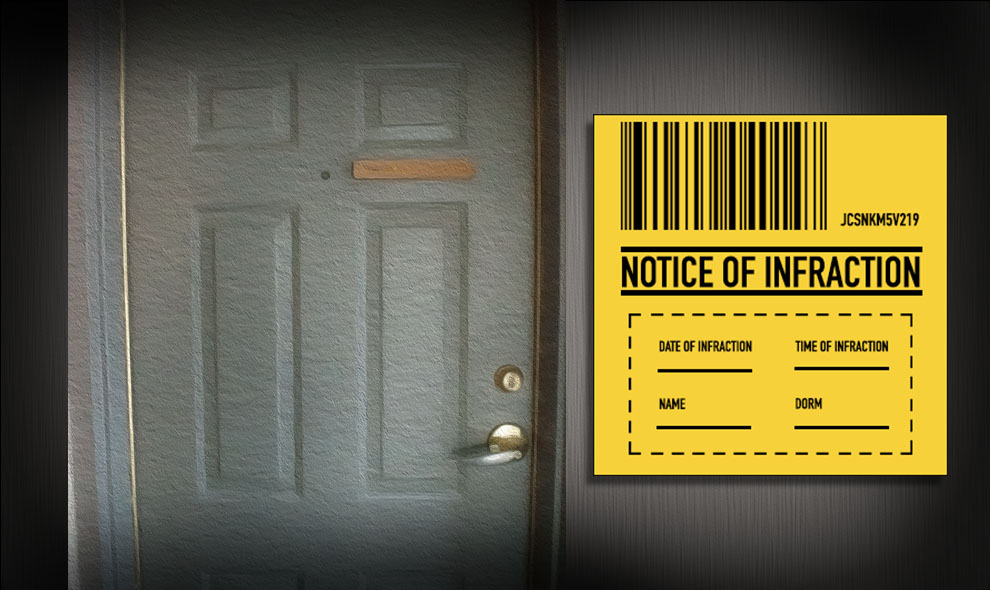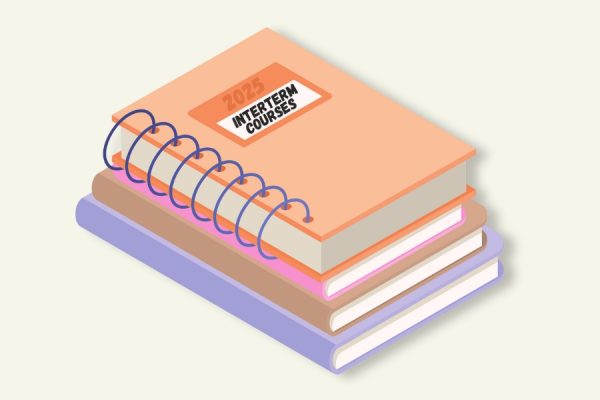Dorm infractions actually a common occurrence
On average, 20 to 25 infraction reports take place each week within the New Living Center, according to Ian Calkins, the senior resident assistant. From noise complaints to illegal substance usage, the residence life staff advises students to recognize the role they play within the greater community.
“Be smart,” Calkins said. “Think about the situation you could be putting yourself in before thinking about how not to get into trouble.”
Beyond the most common infractions that the residence life staff sees in a given school year, this year has seen a particular increase in the use of candles, the storing of animals in the Horn and Markham apartments, the propping open of doors and the clogging of toilets.
“I do think common sense comes into play about being a part of community living,” Dean of Students Cassy Bailey said. “Although we do health and safety checks, it is often what is brought to our attention that gets people into trouble. If you are caught in a violation, be cooperative. There is a process in place where a student will be able to give his or her side of the story, but that is often not at the start of the situation.”
This year, the resident assistants are using Google Voice, a service that allows students to call a single phone number and immediately contact the resident assistant on-duty. Nick Goodman, the director of residence life and conference services, implemented this process with hopes that it would be easier on both the residents and the resident assistants.
“We are more concerned about everyone being safe in an emergency,” Goodman said. “Part of being a Baker student is being a good citizen to your community. That can mean getting involved, helping other residents out when they need it or getting your resident assistant when something is seriously wrong. We’re all in this together.”
This is emphasized through Baker’s Amnesty Policy, which notes that students “will not be charged with violations of the University Code of Conduct relating to consumption of drugs or alcohol” when acquiring medical assistance for either themselves or others.
Goodman was also quick to mention that the resident assistants are there principally as aides to students in the time of need, but the relationship begins with students being aware of Baker policies.
“You’re going to get out of it what you put in,” Goodman added. “Always read the handbook. That is often overlooked. The resident assistants are there to help get you started but if people have questions, feel free to ask me.”







